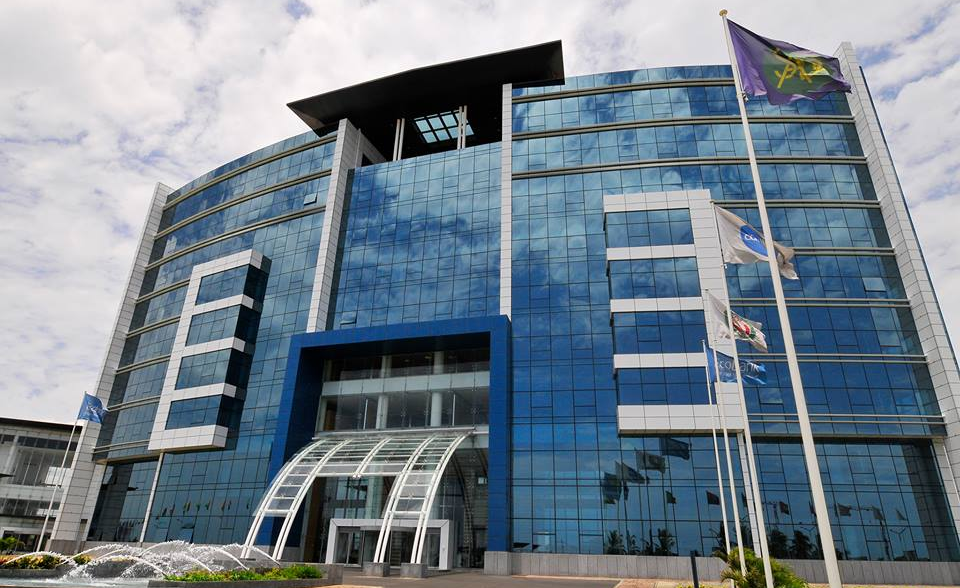By Dipo Olowookere Leading global rating company, Moody’s Investors Service (Moody’s) last week announced assigning first-time B2/Not Prime global local- and foreign-currency issuer ratings to Ecobank Transnational Incorporated (ETI), a Pan-African bank holding company incorporated in Togo.
According to Moody’s, the long-term ratings carry a stable outlook and as part of its analysis, the rating agency also assigned a notional baseline credit assessment (BCA) and adjusted BCA of b2 and b1, respectively, based on ETI’s consolidated financial statements.
Moody’s explained that ETI’s ratings reflect the group’s stable funding and liquidity profile, expansive geographic and business diversification, recovering profitability and Moody’s assessment of a moderate probability of affiliate support in case of need.
It noted that these strengths are balanced against the group’s high, but potentially moderating, asset risks and modest capital buffers, which are largely legacy issues that the bank’s new management is pro-actively addressing as part of a broader strategic plan. The new strategy also introduces digitalization and cost-cutting initiatives.
The rating agency disclosed that the stable outlook balances ETI’s stable funding profile, recovering profitability and business diversification against the group’s elevated, but potentially moderating, asset risks and modest capital buffers, which the rating agency expects will only slowly improve over the next 12-18 months in the context of continued challenges in the external environment of emerging markets.
ETI is a pan-African banking group, with banking subsidiaries in 33 African countries and total assets of $21.6 billion as of June 2018. As a bank holding company incorporated in Togo, which is part of the West African Economic and Monetary Union (WAEMU), it is regulated by the Central Bank of the West African States (BCEAO), the regional central bank.
According to Moody’s, ETI’s BCA of b2 reflects the group’s stable funding and liquidity profile, recovering profitability, diversification benefits and improving, but still challenging, macro-economic conditions in the African continent, balanced against the group’s elevated asset risks and modest capital buffers.
More specifically, it said the ratings reflect ETI’s deposit-based funding structure, with customer deposits accounting for 71 percent of total assets as of June 2018, and with limited reliance on riskier short-term market funding.
ETI’s deposits are granular and have historically proved stable, while the bank also has access to longer-duration market funding, which helps support its liquidity management and better match the duration of its assets and liabilities.
The group also maintains strong liquidity buffers, with cash and interbank balances representing 19 percent of total assets, while […]
